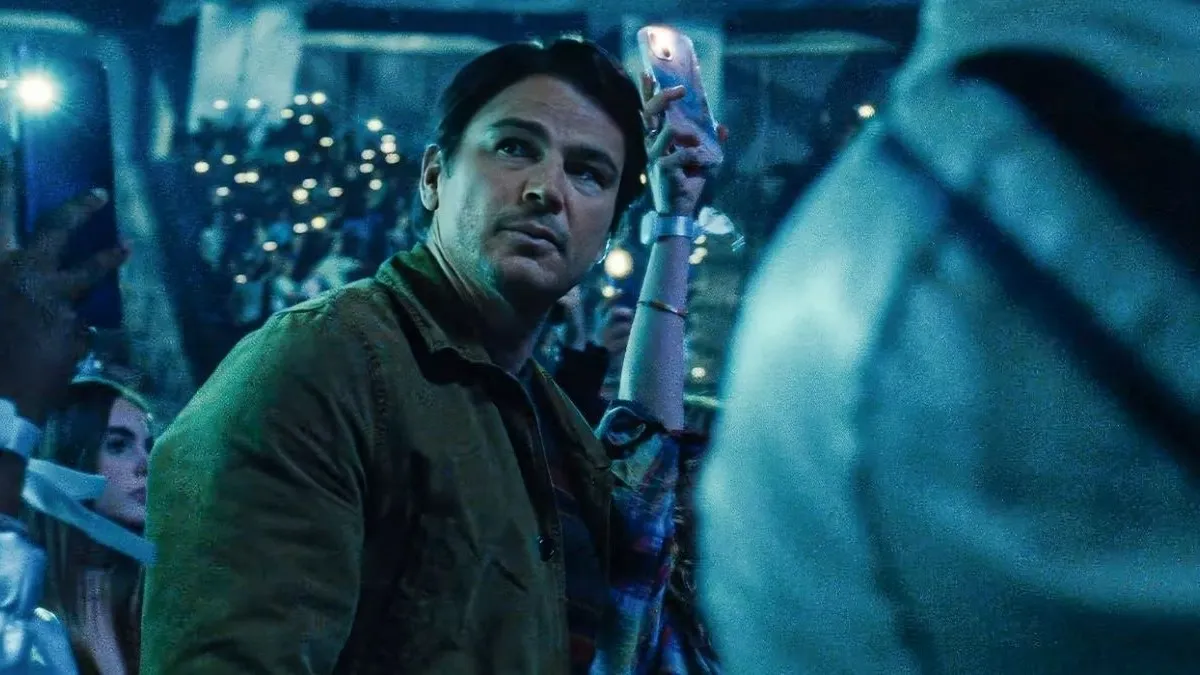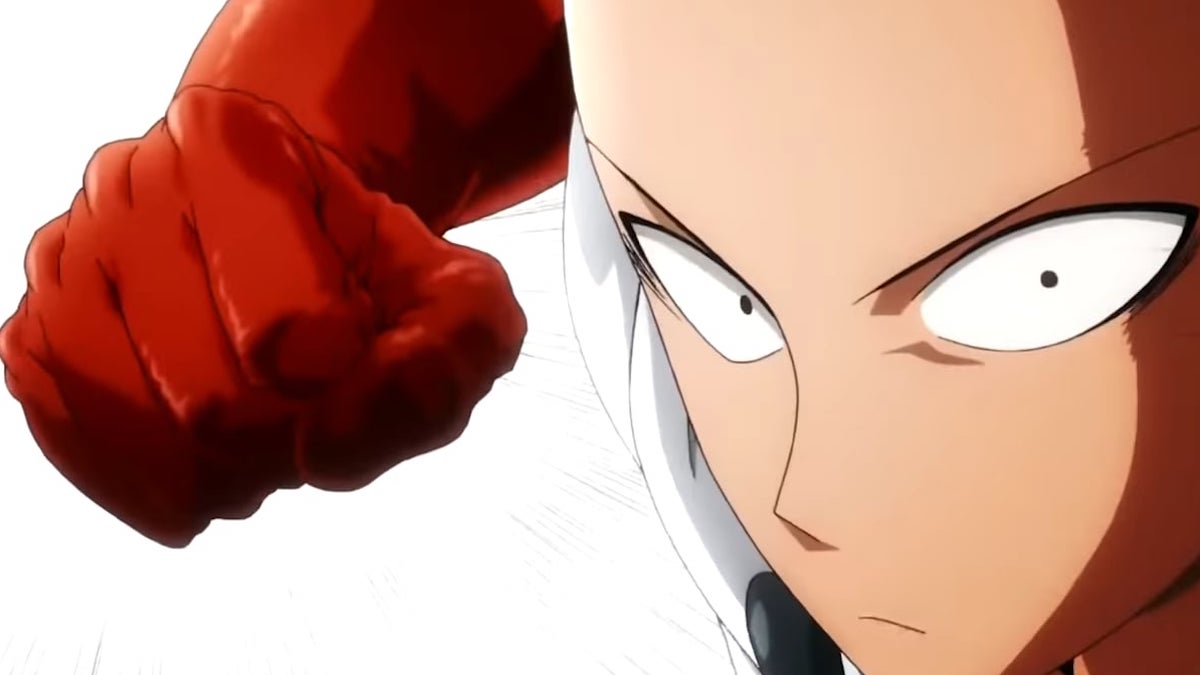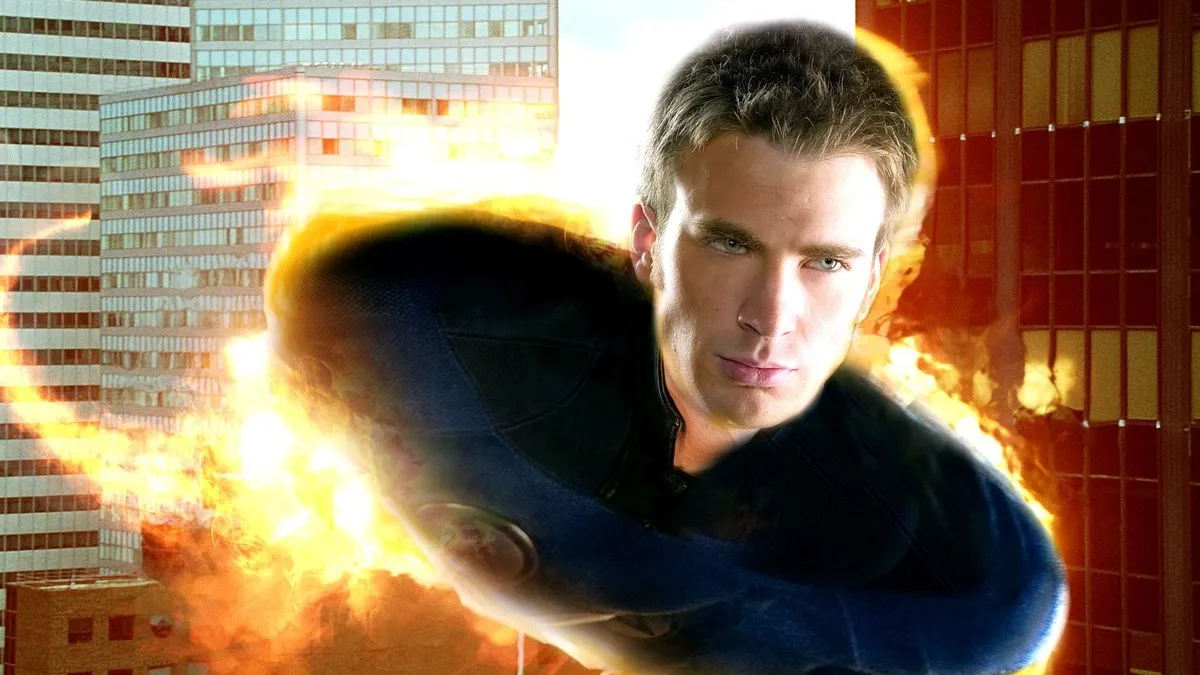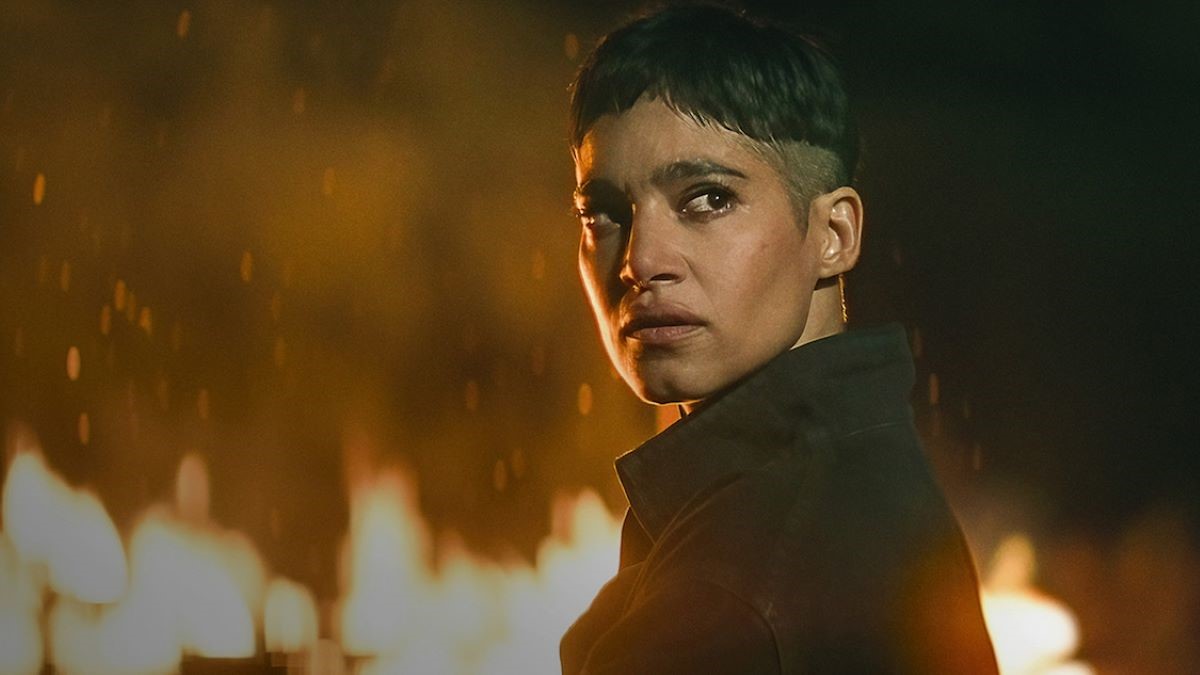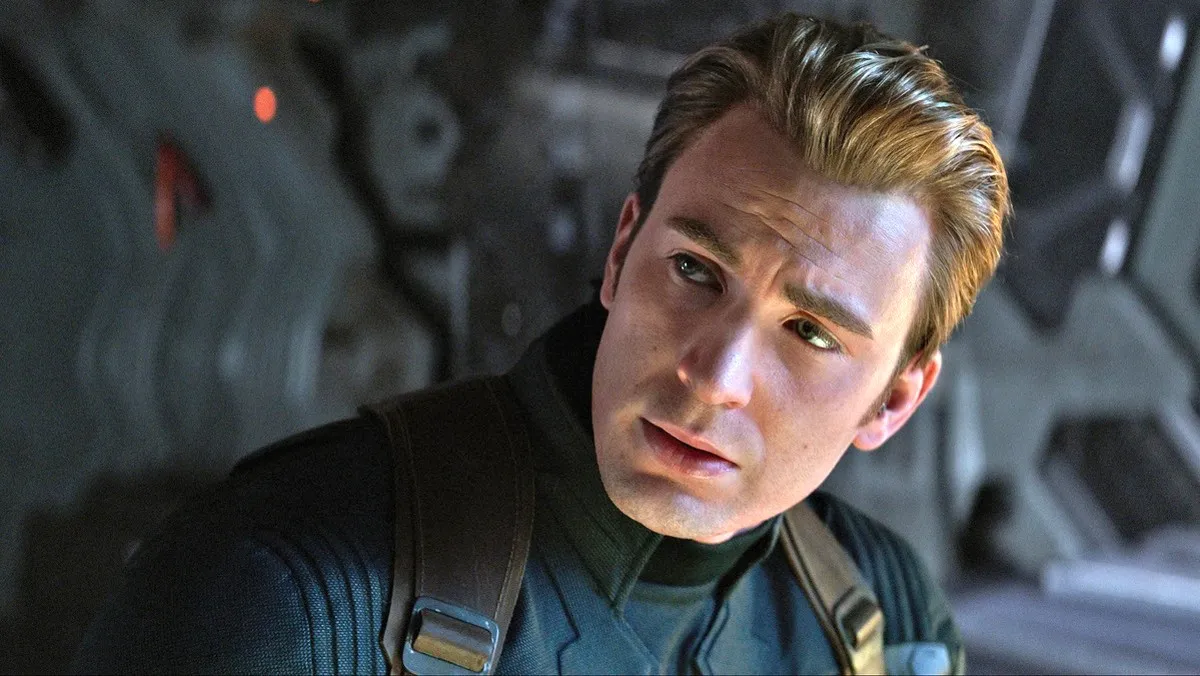
True to title, The Theory of Everything tries to tackle a lot in one go. That’s all well and good when discussing the big mysteries of the universe, but when it comes to a biopic, more often makes for less. “Who is Stephen Hawking” is the question director James Marsh’s new film sets out to answer, but like any life lived long enough, that answer is all relative. If you believe the facts, he’s a world-renowned British theoretical physicist that suffers from a degenerative motor neuron disease. If you believe the advertising for The Theory of Everything, he’s one half of a romance that faced incredible challenges. And if you believe the first thing the film wants to tell you with its pre-credits wall of text, Hawking was a guy who sold a lot of books.
Like so many biographies that try to explore the entire careers of their subjects, The Theory of Everything is well meaning, but narratively wayward as any film trying to condense a lifetime of achievement and struggle down to a tidy two hours. “It won’t be a fight. This is going to be a heavy defeat,” Hawking’s father tells Stephen’s soon-to-be wife, Jane (Felicity Jones), shortly after he’s first been diagnosed with the disease that will eventually rob him of bodily control and speech. It’s an unfortunately apt summation for a film that slowly, inevitably succumbs to the stultifying effects of its genre.
Eddie Redmayne stars as Hawking, and delivers an undeniably incredible impersonation of the man. The film opens in 1963, when Hawking is attending Cambridge as a PhD candidate. His disease has yet to be diagnosed, but Marsh piles on shots of Hawking exhibiting questionable motor control to foreshadow what’s ahead. Redmayne’s physical transformation over the course of the thirty years in Hawking’s life that The Theory of Everything follows is impressive, as the more Hawking’s body fails him, the more physically pronounced Redmayne gets with each hard fought syllable spoken, or army crawl down a stairwell.
It’s a performance that ultimately becomes restricted by the loss of faculties Hawking would suffer from, particularly after a tracheotomy leaves him unable to talk. Redmayne has an uncanny resemblance to his real world counterpart at times, and exerts careful facial control to express things that needn’t be said. In one of the film’s best scenes, Jane makes Stephen accept that he’ll have to start using a wheelchair without so much as a word said between the two.

Moments like these, in which Hawking’s condition forces his quality of life down another rung, ultimately form more of a narrative spine for the film than anything else. For a good long chunk, The Theory of Everything is about Hawking’s courtship and partnership with Jane, a fellow PhD candidate at Cambridge who chose to marry Hawking, despite his illness. What exactly she sees in Hawking is another of life’s unanswered mysteries, as their relationship has the makings of a frothy, softheaded romance picture before the ALS offshoot that tests them enters the scene.
Jones nails the buried resolution that’s meant to make Jane an inspiring figure, as her unfailing devotion to Hawking eventually means becoming caretaker to two children, as well as her husband. As the film is loosely based on her account of her time with Hawking, The Theory of Everything doesn’t gloss over how a life lived for another person will wear you down. The film doesn’t wilt when following the tumultuous history behind their relationship, eventually adding a few unexpected characters and elements meant to further challenge the Hawking marriage, and your conception of it.
It’s a respectfully unsexy take (attractiveness of the stars, excluded) on the realities behind Hawking’s disease, but the resulting picture drags itself through history without any real sense of purpose. Marsh manages a few sparks of excitement behind the camera, and when he does make sanctions to romanticizing the story, like a lovely zoom out to punctuate Stephen and Jane’s first kiss, the flash-in-the-pan fireworks liven things up. More often, The Theory of Everything looks like high budget Masterpiece Theatre, offering a well-presented acting showcase that’s missing a pulse.
The story plods its way towards an uncertain, but inevitable open ending, with any sort of a takeaway from the events being as loose and vague as The Theory of Everything is rigid and textbook. Are we meant to come away thinking of Hawking as an inspirational figure, a genius, a husband, a father, or a survivor? The answer is some combination of the above, but the indisputable thing you’ll have learned about the lives of the Hawkings is that they were very, very hard. The Theory of Everything has the right players, but takes a tour guide approach to the life of its subject, pausing for pictures at each milestone before heading off to what’s next on the map.


